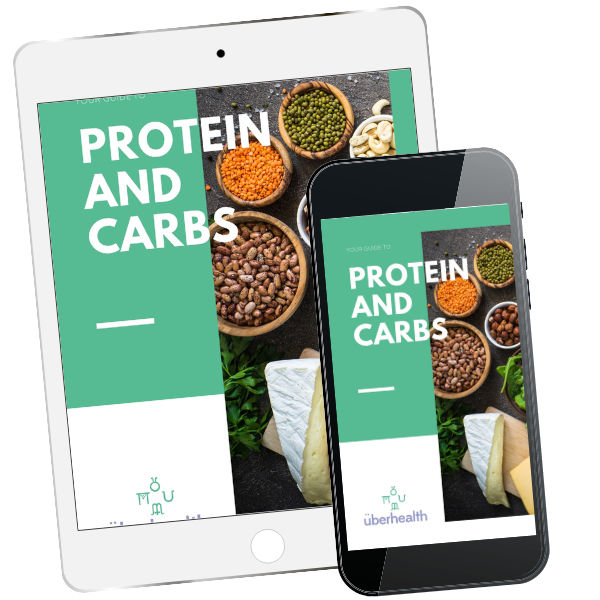Fuelling Right for Race Day (Without Overcomplicating It)

Whether you’ve signed up for your first 10K or are simply building your way toward it, fuelling well can make all the difference to how strong you feel during and after your run.
Running places significant demands on the body—nutritionally, physically, and mentally. If you want to stay strong, recover well, and avoid unnecessary fatigue or injury, what you eat (and when you eat it) matters.
Here’s a straightforward approach to fuelling before and after your runs, so you can train and race feeling confident and energised.
Training Nutrition: Before and After
Before Training
If your training session is under an hour, you usually don’t need much. A small snack—or even training on an empty stomach—is often enough, particularly in the morning when glycogen stores are still topped up from the night before.
Simple snack options before a session:
- A banana
- Piece of toast
- Small glass of juice
- A few dates
- Muesli bar or dried fruit
- Toast with avocado
- Small handful of nuts and seeds
If you're training later in the day, have a light snack around one hour beforehand to top up your energy stores.
After Training
Refuelling post-training is essential, even if it was a shorter or lower-intensity session. The goal is to replenish glycogen stores and support muscle recovery.
Aim for:
-
30–60g of carbohydrate
-
10–20g of protein
Good carb options include:
- Vegetables, whole grains, pasta, bread, oats, rice
- Cereal and other starchy foods
Good protein options:
- Meat, poultry, fish
- Eggs
- Dairy
- Beans and legumes
- Seeds and nuts
This isn’t the time to avoid carbohydrates—your body needs them here more than almost any other time of day.
The Night Before: Keep It Simple
If your race is in the morning, have a carbohydrate-rich dinner the night before. This helps top up glycogen stores and gives your body steady energy for the next day.
You don’t need to “carb load” in a big way for a 10K or shorter event, as your body already holds enough glycogen from regular eating. But a balanced, carb-based meal can support performance and prevent mid-run fatigue.
Try:
- Whole grain pasta with vegetables and a protein like salmon or chicken
- Stir fry with rice or noodles
- Grain bowl with legumes and roasted veg
There’s no need to make it fancy—just make it balanced and satisfying.
Race Day Morning: Light, Low-Fibre, and Familiar
What you eat on the morning of your event depends on the start time and how your digestive system responds to food before running.
As a general rule:
- Eat 2 hours before your start time
- Keep the meal high in carbohydrate and low in fat, protein, and fibre
- Avoid trying anything new on race day
Good breakfast options include:
- White toast with jam or honey
- Crumpets or English muffins
- A banana or fruit smoothie (with a milk alternative if needed)
- Low-fibre breakfast cereal with a small amount of milk or yoghurt
Avoid high-fibre foods like oats or heavy grainy breads, as they may cause gastrointestinal upset—especially if nerves are involved.
Don’t Forget Hydration
Start the race well hydrated and aim to drink small amounts regularly. Around 200 mL every 15–20 minutes is a good guide.
If you’re running for longer than an hour or it’s a hot day, consider an electrolyte drink to help maintain fluid and mineral balance.
Final Thoughts
Fuelling for a run doesn’t need to be complicated, but it does need to be considered. Stick with simple, familiar foods. Practice your pre-run meals and snacks in training, not just on race day.
And most importantly, listen to your body. What works for one runner may not work for another, so give yourself time to figure out what suits you best.
FREE RESOURCE


